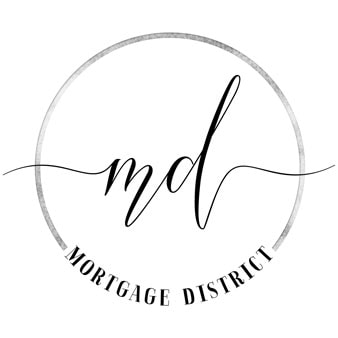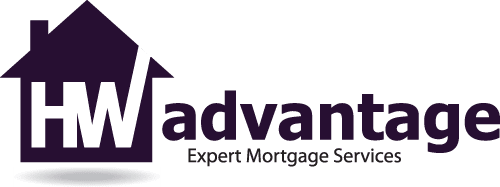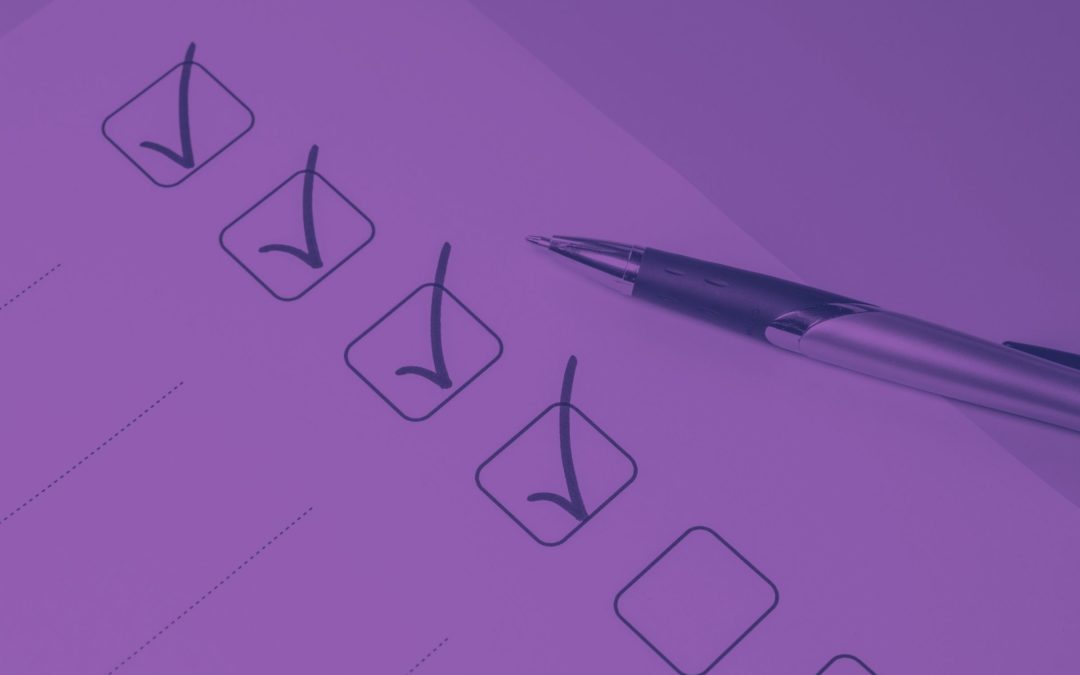Most people will never borrow more money at one time than when they purchase a home. Getting a mortgage is a huge commitment. Depending on how much you borrow, the interest rate, and the amount of your down payment, your mortgage can change the course of your financial future. Sounds frightening, but it doesn’t have to be. Here are five things you can do to plan and prepare for getting a mortgage and house hunting. These tips will help ensure the mortgage approval process goes quickly and smoothly and increase the chances that you’ll end up in a home you can afford.
Budget for the Better
Before committing to making such a large purchase, it’s a good idea to check your finances to ensure you can afford it. This is especially true when buying a home because homeownership comes along with many additional costs you may not be aware of. Insurance, maintenance, and property taxes make up some of the ongoing costs, while legal fees, title search, and home inspections are a few of the closing costs you’ll need to pay as the sale is being finalized.
Start your budget by listing all of your monthly expenses, including the cost of repaying existing debts. Plan for the cost of renovations on your new home or purchasing new furniture if necessary. Be realistic about your lifestyle costs because they won’t change after you buy. With your budget in hand, you can shop for a home in an affordable price range.
Consider Your Credit Score
Mortgage lenders consider many factors when assessing your mortgage application, including your credit score. Before you begin applying and even before you get a pre-approval, check into your credit score. If your score is close to a level that may be a problem, you can take steps to improve it to better your chances of approval.
Minimize Other Debts
Generally, debts such as car and student loans won’t prevent you from getting a mortgage unless they are large amounts relative to your income. However, the total amount of debt you carry could be a problem. High levels of consumer debt such as credit card balances or lines of credit are a red flag to lenders because they are a sign of risky spending behaviour. In addition, a portion of those debts must be repaid each month, eating up the money you have leftover to pay for your mortgage. Paying off your credit cards and avoiding large purchases before you begin shopping for a mortgage allows you to borrow more and makes it easier to get approval.
Set Your Repayment Goals
Most mortgages take between 15 and 25 years to repay. Setting short and long-term goals for repayment before you buy will help you decide how much to spend, how much down payment to put down, and what type of mortgage you prefer. Choosing a shorter amortization means larger mortgage payments, but you’ll be mortgage-free sooner. Smaller payments tend to be more affordable, which could fit with your budget, but your overall mortgage costs may be higher.
Find Funds for Your Down payment
Your down payment amount will depend on several factors starting with how much money you have saved. The price of your home could also impact the decision since homes with a sale price of over one million dollars require at least a 20% down payment. Even if the home is less expensive, with a down payment of less than 20% of the loan amount, you’ll need mandatory mortgage default insurance. Whatever amount you decide, make sure you have easy access to those funds before you start shopping so that the cash is accessible when you need it.
Planning ahead and taking the time to do these five things before you begin house hunting reduces the possibility of surprises or obstacles to finalizing the deal less likely. However, the very best thing you can do isn’t even on the list – find a mortgage broker with the knowledge and experience to help you through each of these tasks. A professional mortgage broker will give you advice and make recommendations based on your financial situation right now and your goals for repayment. Then, when it’s time, your mortgage broker will match you with a lender offering a great interest rate for the most appropriate mortgage. Peace of mind and expert advice are two benefits of working with a mortgage broker. Contact us today to find out more and follow us on Instagram for mortgage tips and expert insights.


